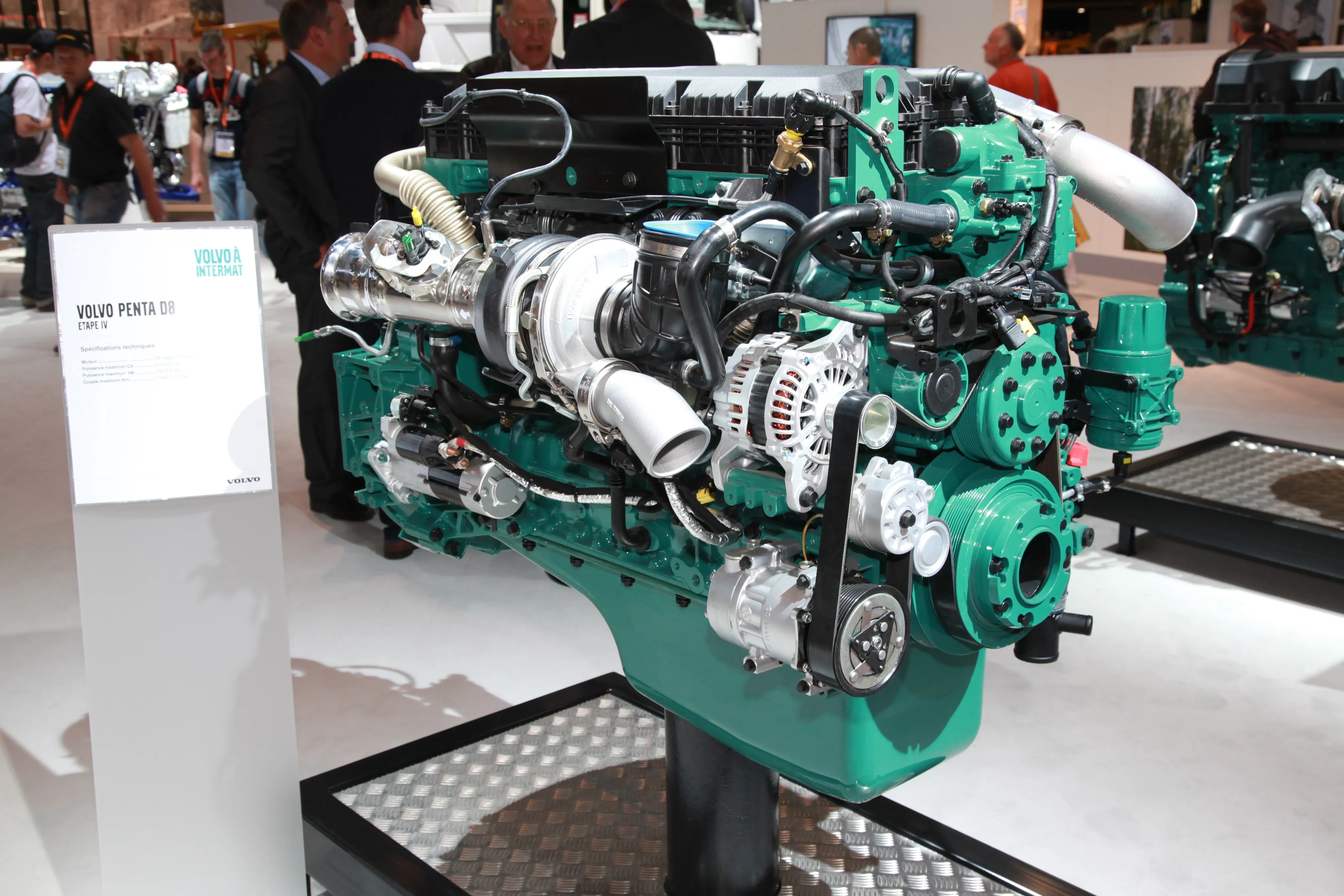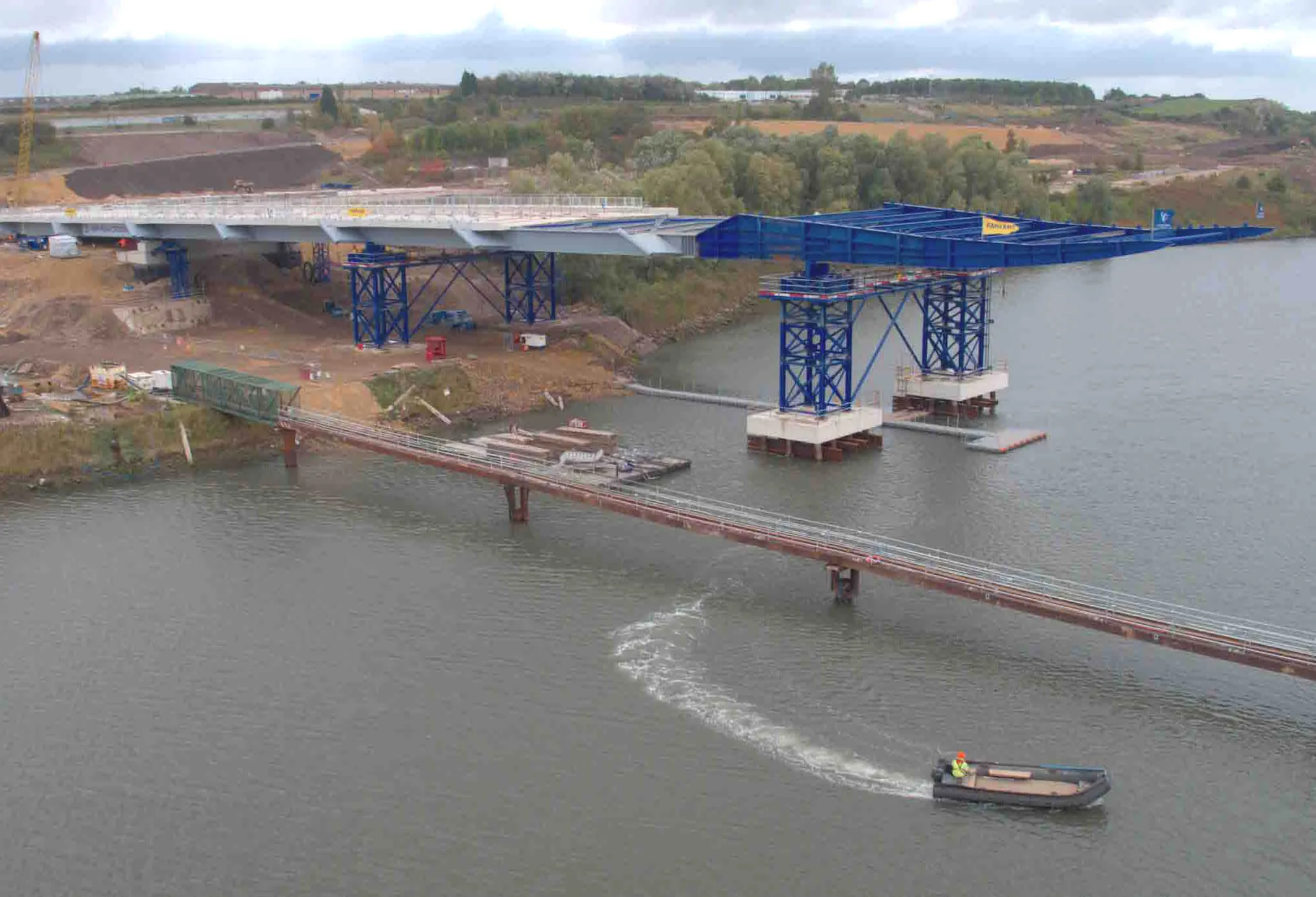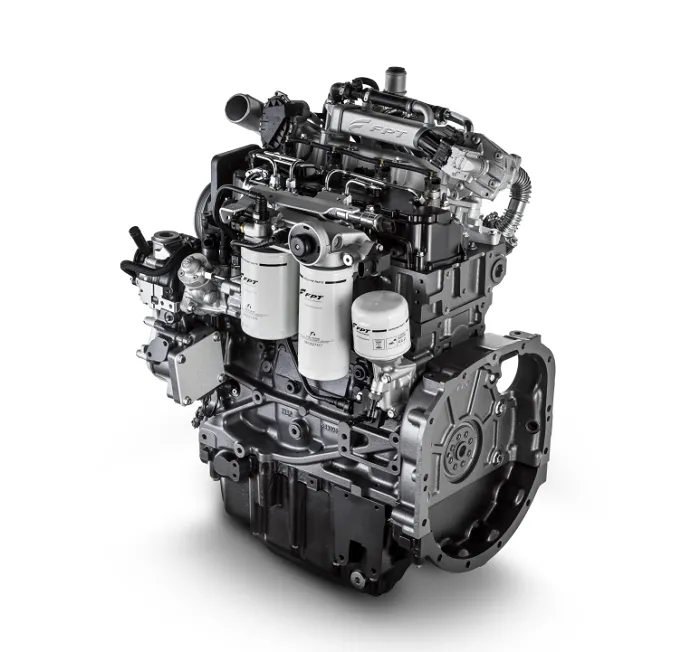The European Commission is announcing its new engine emission categories as well as the introduction of new stages. The consultation document will include new categories in the directive for non-road mobile machinery engine emissions. New stage IV limits will be proposed for diesel engines with power outputs of less than 19kW and over 560kW, as well as for spark ignition engines. New stages will be introduced for engine power ranges that are already regulated at present, including new stage IV limits for di
August 3, 2012
Read time: 2 mins
RSSThe 2465 European Commission is announcing its new engine emission categories as well as the introduction of new stages. The consultation document will include new categories in the directive for non-road mobile machinery engine emissions. New stage IV limits will be proposed for diesel engines with power outputs of less than 19kW and over 560kW, as well as for spark ignition engines. New stages will be introduced for engine power ranges that are already regulated at present, including new stage IV limits for diesels with power ranges of 19-37 kW, and the scope and timing of the potential Stage V limit on the emission of fine particles. It is anticipated that a decision on the implementation of stage V and the applicable particle number limit would be deferred to a future study. These issues will be discussed on 19th September at a stakeholder’s meeting, which the European off-highway equipment manufacturer’s association, 3399 CECE, will attend and present the industry position. Once the consultation is completed the Commission will carry out an impact assessment and launch a proposal to the Parliament and Council, which is expected to be the end of 2012 or in early 2013.








